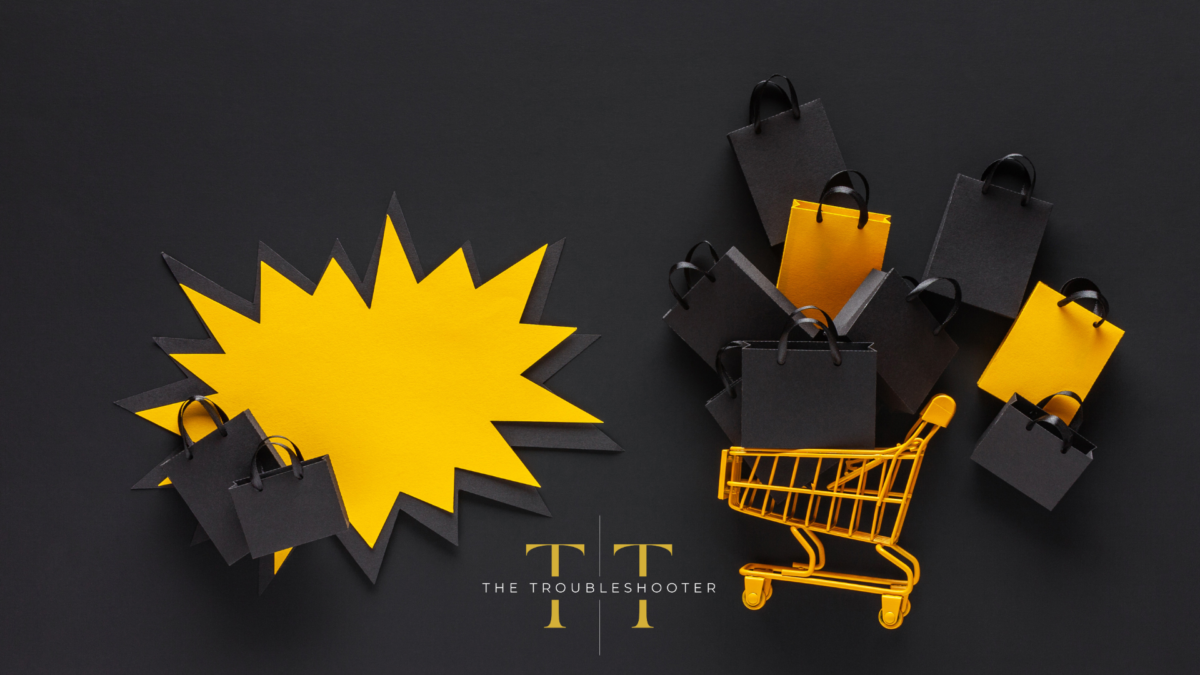
Building a robust brand is a crucial element for the lasting prosperity and survival of any business. Neglecting its significance can lead to disastrous outcomes, even for the most promising ventures. This article dives into the indisputable importance of brands, showcasing successful companies that wholeheartedly embraced their brand’s core identity and cautionary tales of those who disregarded it and faced the repercussions.
Brands as Pillars of Success
Successful businesses understand that their brand represents more than a logo or tagline; it embodies their identity, reputation, and promises to customers. Here are a few examples of companies that have masterfully utilised their brands to build empires:
Apple

Apple’s brand is synonymous with innovation, simplicity, and cutting-edge technology. By consistently delivering sleek designs, intuitive user experiences, and seamless integration, Apple has cultivated a loyal customer base that eagerly anticipates every new product release.
Coca-Cola

As one of the world’s most recognised brands, Coca-Cola has built a strong emotional connection with its consumers. Through consistent messaging, timeless advertising campaigns, and the iconic red and white logo, Coca-Cola has become ingrained in our culture and evokes feelings of joy, togetherness, and nostalgia.
Nike

Nike’s brand embodies the spirit of athleticism, determination, and empowerment. By associating itself with high-profile athletes and promoting a “Just Do It” attitude, Nike has established itself as the go-to brand for athletic apparel and footwear.
Brand Ignorance: A Recipe for Failure
In contrast, companies that disregard the importance of their brand values often find themselves struggling to survive. Here are two notable examples:
Blockbuster

Once a dominant force in the video rental industry, Blockbuster failed to adapt to the changing landscape. Ignoring the rising popularity of streaming services and digital downloads, Blockbuster’s brand became synonymous with outdated technology and limited selection.
Eventually, the company filed for bankruptcy, unable to compete with the convenience and variety offered by online platforms like Netflix.
Continue reading









